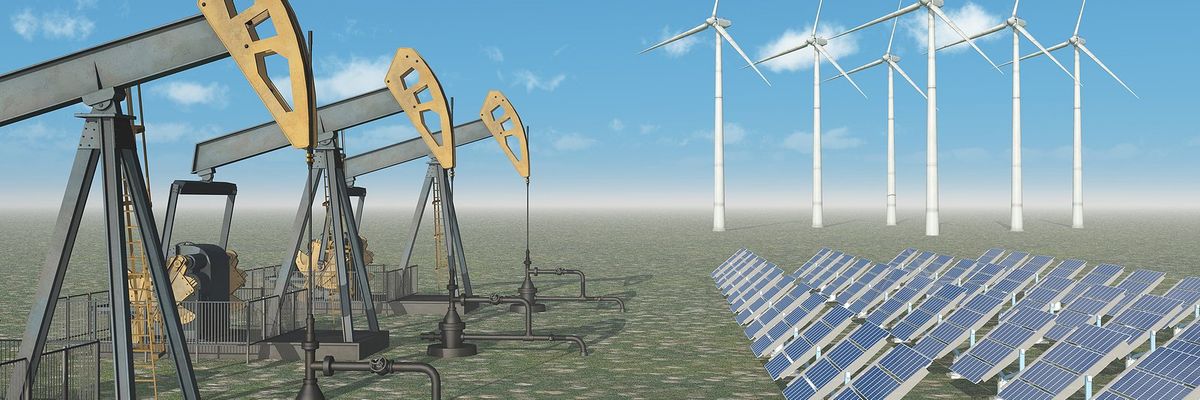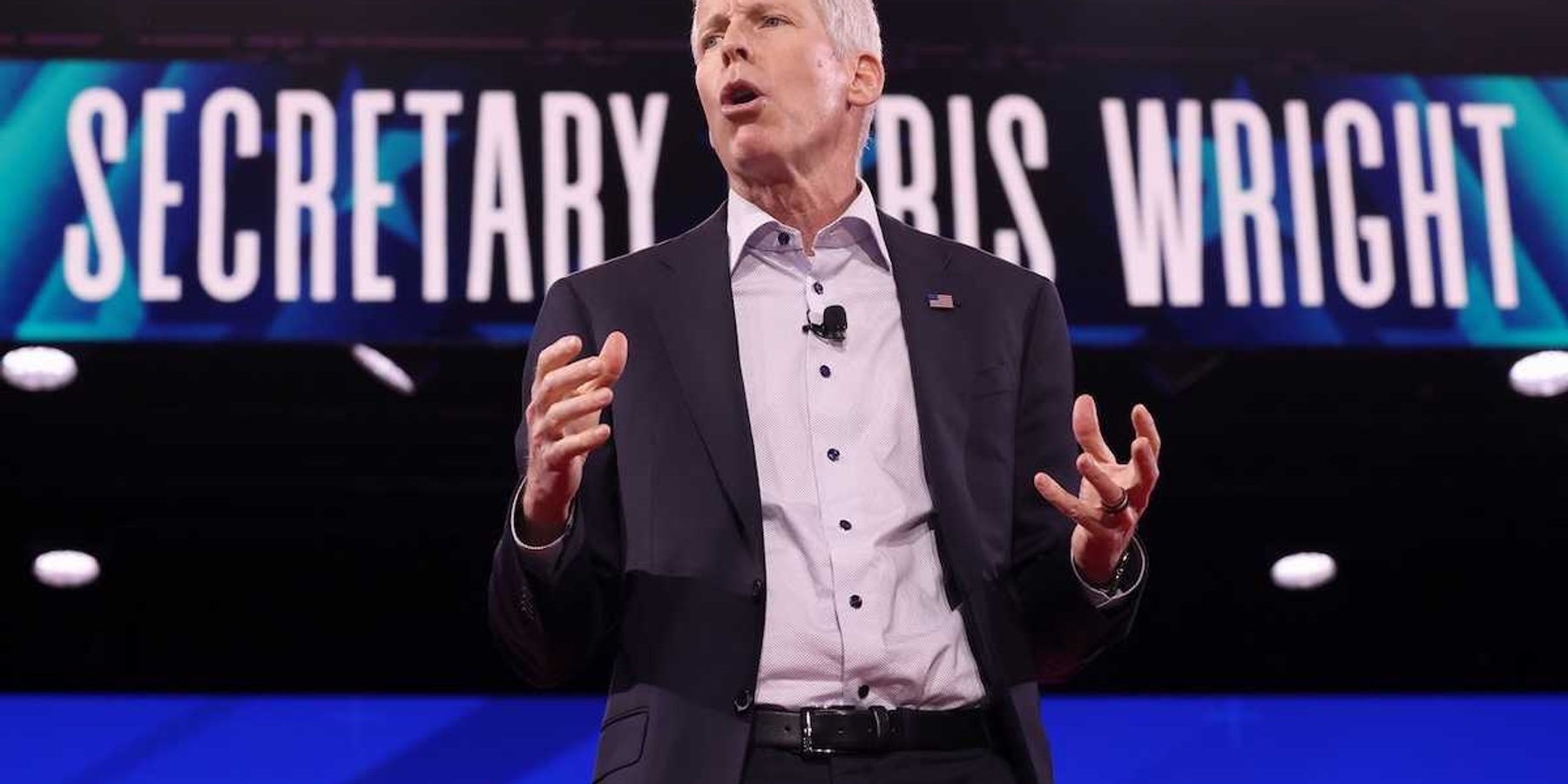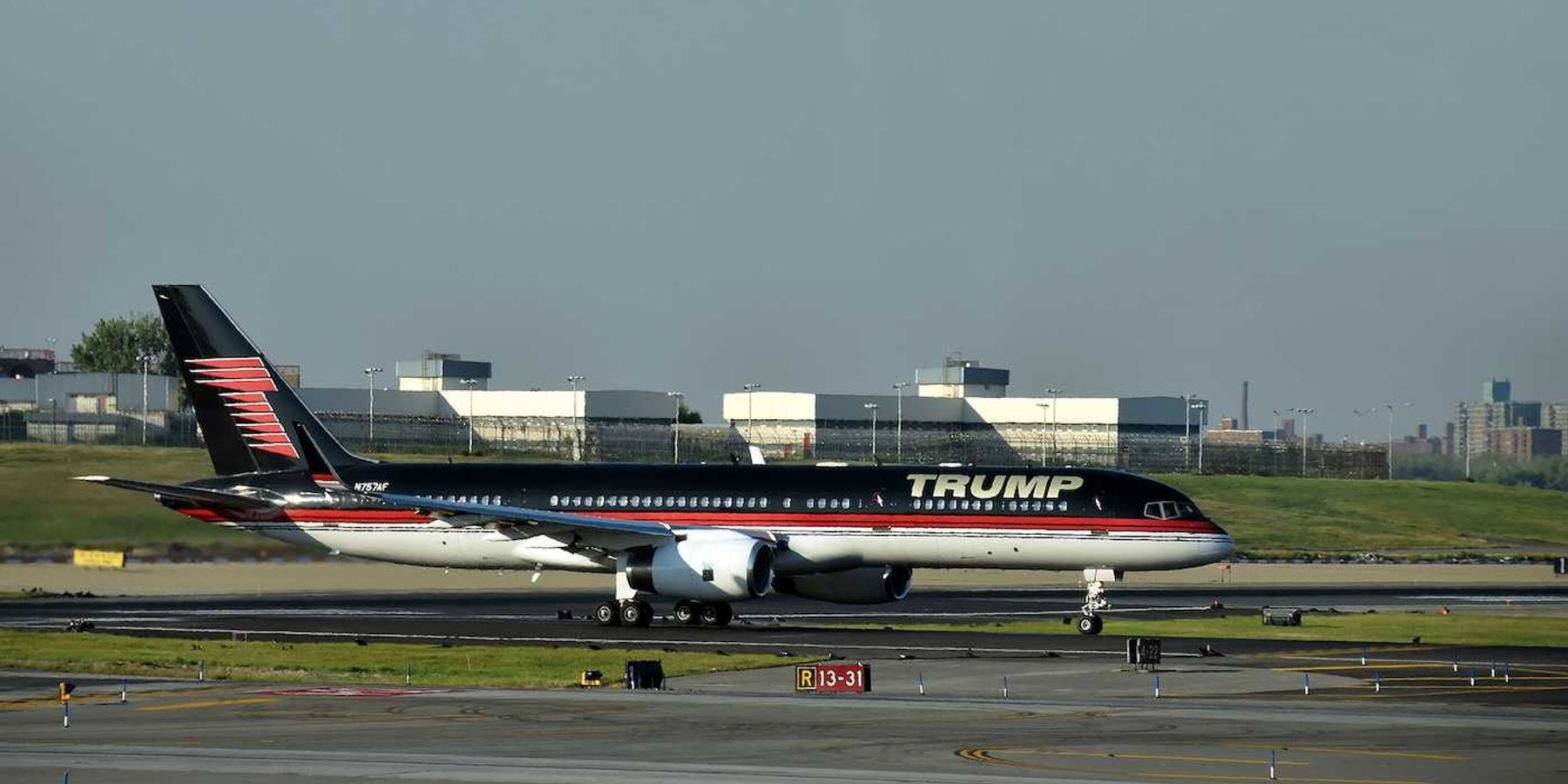air conditioning
Texas prisons suffer with heat amid staffing shortages
Staff shortages in Texas prisons are leaving inmates without proper access to cold showers, respite, and water during extreme summer heat, sparking a lawsuit over unsafe conditions.
In short:
- Texas prisons face a 24% shortage in correctional officers, hampering efforts to mitigate extreme heat.
- Inmates often struggle to access promised respite areas, water, and cold showers due to the lack of staff.
- A pending lawsuit could require Texas to install air conditioning in all prisons, potentially costing over $1 billion.
Key quote:
“There’s no amount of respite rooms, ice water and cold showers that can keep people safe from triple digit temperatures.”
— Erica Grossman, attorney representing prison advocacy groups
Why this matters:
Texas prisons routinely face dangerous heat levels, putting the health of inmates and staff at risk. Staff shortages exacerbate this issue, raising concerns about humane treatment and potential legal repercussions.
Related:
Prisoners across the US face life-threatening heat as climate change worsens
Inmates in prisons without air conditioning, especially in regions unaccustomed to extreme heat, are increasingly at risk as temperatures rise due to climate change.
In short:
- Prisons in many states lack universal air conditioning, putting inmates at serious risk during heat waves.
- Research links extreme heat with higher mortality rates in prisons, yet many heat-related deaths go unreported.
- Advocates push for improved cooling measures in prisons, but progress remains slow and inadequate.
Key quote:
“The Earth is getting hotter, and IDOC, and corrections, in general, is not adjusting, not doing anything to make sure that prisoners are safe.”
— Anthony Ehlers, incarcerated at Stateville Correctional Center
Why this matters:
Rising temperatures pose a growing threat to the health and safety of prisoners, especially in facilities unprepared for such conditions. Without intervention, the human cost will likely increase as climate change accelerates.
Related coverage:
Prisoners in Texas sue over unsafe heat conditions
Texas prisoners are suing for air conditioning, arguing that extreme heat in the state’s prisons amounts to cruel and unusual punishment.
In short:
- A lawsuit claims that the excessive heat in Texas prisons, where temperatures can exceed 110 degrees Fahrenheit, is a form of cruel and unusual punishment.
- The suit argues that air conditioning should be installed to protect inmates, especially those with medical conditions.
- Texas has provided air conditioning to some units, but the majority of its prison cells remain without it.
Key quote:
“We’re not asking to make incarcerated folks comfortable. The state has a responsibility to safely house the incarcerated population that is in its care.”
— Marci Marie Simmons, former inmate and plaintiff
Why this matters:
Extreme heat poses a severe health risk, especially for vulnerable inmates in Texas prisons, where conditions are worsening due to climate change. Ensuring humane conditions is vital as heatwaves become more frequent and intense.
For more: Texas prisons face lawsuit over dangerously high temperatures
Air conditioning remains contentious as US heat deaths climb
As climate change drives more extreme heatwaves, a lack of air conditioning in low-income housing leaves millions at risk, spurring legislative battles across the U.S.
In short:
- In the U.S., about 12% of homes lack air conditioning, posing significant health risks during extreme heatwaves. New York and other cities are considering laws to require cooling systems in rental units.
- Some states have adopted cooling laws, but landlord opposition is strong, citing increased costs and potential rent hikes as reasons for resistance.
- Air conditioning has been shown to significantly reduce heat-related deaths, yet debates continue over balancing climate change impacts and housing safety.
Key quote:
"There’s an urgency to this legislation. Heat is the No. 1 climate killer, and it's only getting worse."
— Lincoln Restler, New York City Council member
Why this matters:
As climate change intensifies, heatwaves are becoming more frequent and deadly. Without adequate cooling, vulnerable populations face increased health risks, highlighting a growing need for policy solutions that balance public health and environmental sustainability.
Many struggle with extreme heat in homes without air conditioning
As extreme heat becomes more common, those living in uncooled homes face increasing risk of heat-related illness and death.
In short:
- Avelino Vazquez Navarro, a Mexican farm worker, died in Washington state due to extreme heat while living in a mobile home without air conditioning.
- People without air conditioning, often living in mobile homes, face greater risks as summers become hotter, with many victims being older and from low-income communities.
- Laws in Arizona and elsewhere have begun requiring landlords to provide cooling solutions, but many renters still struggle with high electricity costs.
Key quote:
“Air conditioning is not a luxury, it’s a necessity. It’s a public health issue and it’s an affordability issue.”
— Mark Wolfe, executive director of the National Energy Assistance Directors’ Association
Why this matters:
Extreme heat is a growing threat, especially for vulnerable populations without adequate cooling. Addressing energy inequities and improving access to air conditioning can help prevent heat-related deaths and improve public health outcomes.
Tenants may soon have a right to air conditioning in New York City
A New York City councilman is introducing a bill to require landlords to provide air conditioning to tenants during the summer to prevent heat-related illnesses.
In short:
- Councilman Lincoln Restler's bill mandates landlords to install and maintain air conditioning units, with fines for noncompliance.
- Each summer, around 350 New Yorkers die from heat-related illnesses, with Black residents disproportionately affected.
- The bill aims to address climate change challenges and ensure safe housing standards, similar to winter heating requirements.
Key quote:
“This will save lives as we reckon with the challenges of the climate crisis.”
— Councilman Lincoln Restler, Brooklyn
Why this matters:
As climate change increases the frequency and intensity of heat waves, access to air conditioning becomes crucial for preventing heat-related deaths and ensuring safe living conditions, especially for vulnerable populations.
Related EHN coverage:
Heat wave intensifies crisis in overcrowded Philippine jails
A severe heat wave in the Philippines has exacerbated dire conditions in the country's already overcrowded detention facilities, causing a surge in heat-related illnesses among inmates.
In short:
- Temperatures soared past 122 degrees, leading to thousands of cases of boils, rashes, and skin diseases among inmates.
- Philippine jails, some operating at over 20 times their capacity, have struggled with severe overcrowding since Duterte's anti-drug campaign.
- The Philippine Supreme Court ordered judges to assess the impact of extreme heat on inmates, acknowledging the climate crisis's effects on prison populations.
Why this matters:
The extreme heat in Philippine jails highlights the urgent need for systemic reforms to address both overcrowding and climate resilience. Without significant policy changes, the health and safety of inmates remain at severe risk.
Related EHN coverage:









